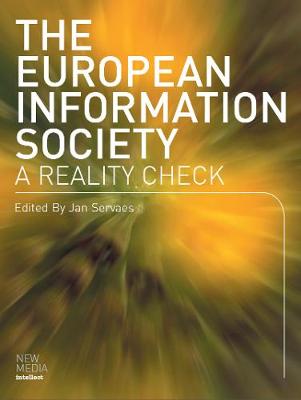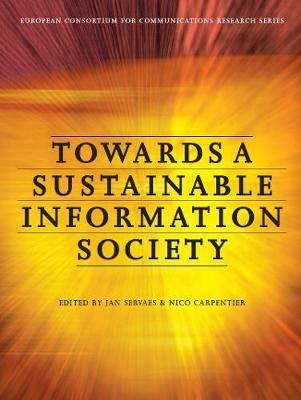European Communication Research and Education Association
2 total works
This series consists of books arising from the intellectual work of ECCR members. The globalisation of social, cultural and economic relations is facilitated, and at the same time conditioned by developments in the information and communications technologies (ICT) and infrastructure. Human knowledge brought mankind from an oral to a literate culture, thanks to the invention of the print media. The development of the electronic media in the last century paved the path for the information age, in which spatial and temporal constraints are lifted. ''In every society, the production, distribution, and use of information play vital roles in the management of events... The development of these Information Societies has been characterized by the innovation and adoption of technologies, changes in mass media systems, and changing patterns and procedures for individual and group decision-making. Attention has shifted in these societies from the development and utilization of technologies to a concern for their impact upon each society'' (Edelstein, Bowes & Harsel, 1978: vii). The consequences of this revolution in human communications are multidimensional in character, affecting economical, political and social life on national, international and local levels.
Towards a Sustainable Information Society
by Nico Carpentier and Jan Servaes
Published 1 January 2006
The Information Society is one of the recurrent imaginaries to describe present-day structures, discourses and practices. Within its meaning is enshrined the promise of a better world, sometimes naively assuming a technological deus ex machina, in other cases hoping for the creation of policy tools that will overcome a diversity of societal divides. With the two-phased World Summit on the Information Society (WSIS), the United Nations attempted to stimulate the development of such tools. Simultaneously, the WSIS is a large-scale experiment in multistakeholderism. The objective was to create a more balanced decision-making process that would allow the voices of civil society and business actors to be heard in international politics. This book aims to evaluate the potentialities of both the Information Society, and the WSIS in supporting and constructing more democratic, just and developed societies. It is the second book arising from the intellectual work of European Consortium for Communications Research members.

